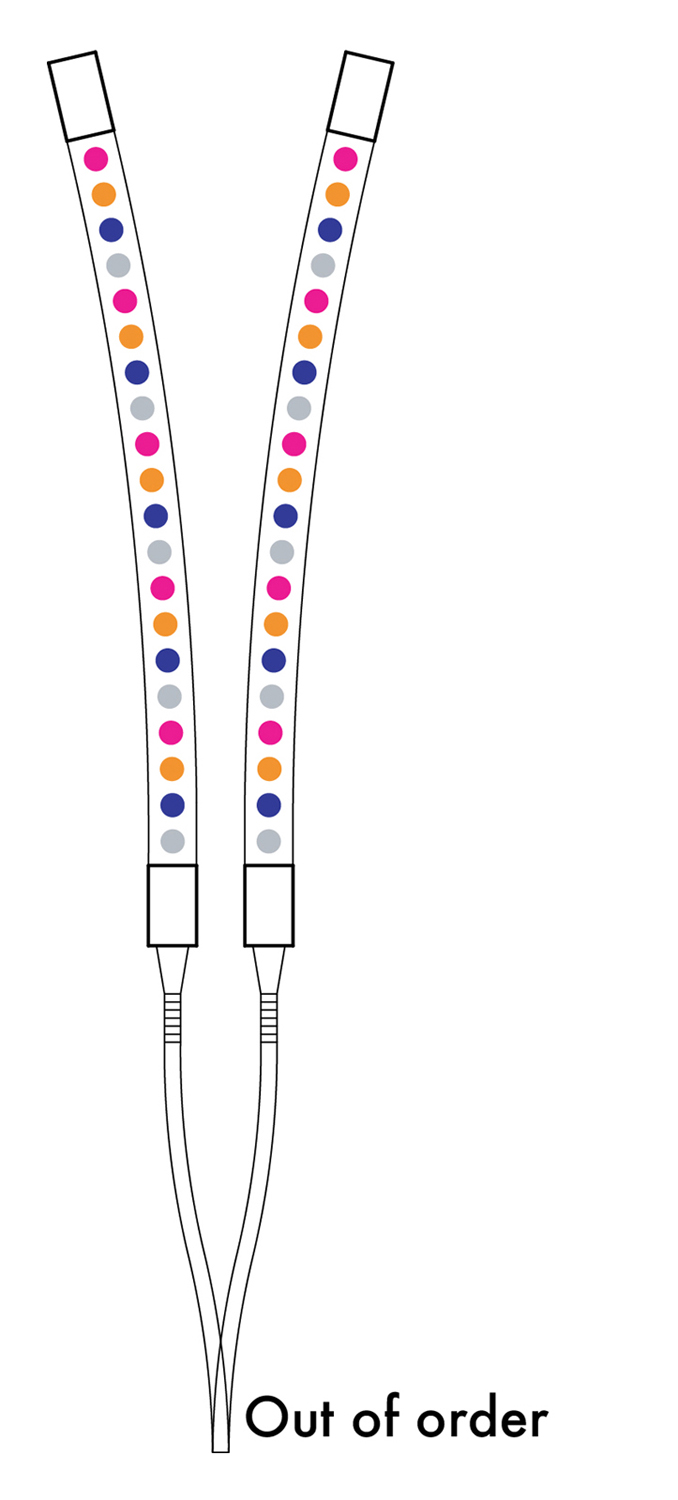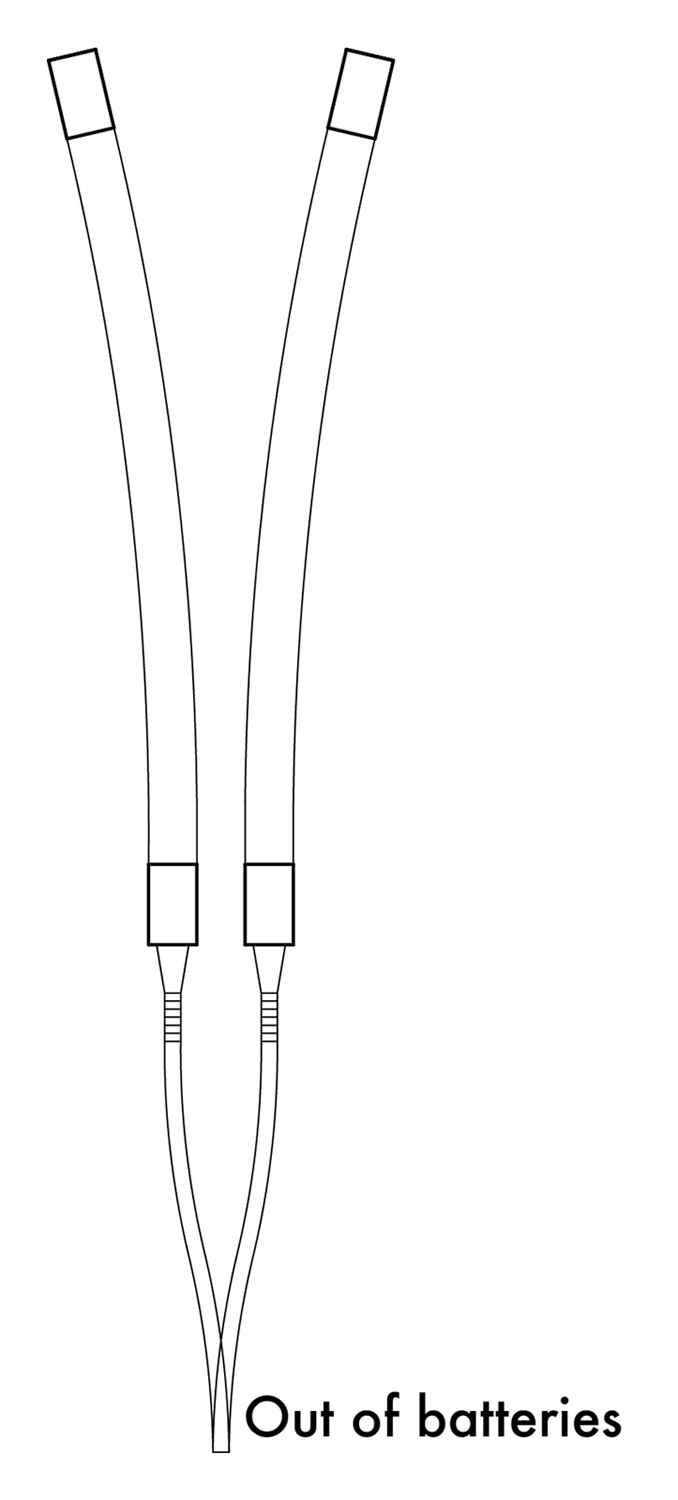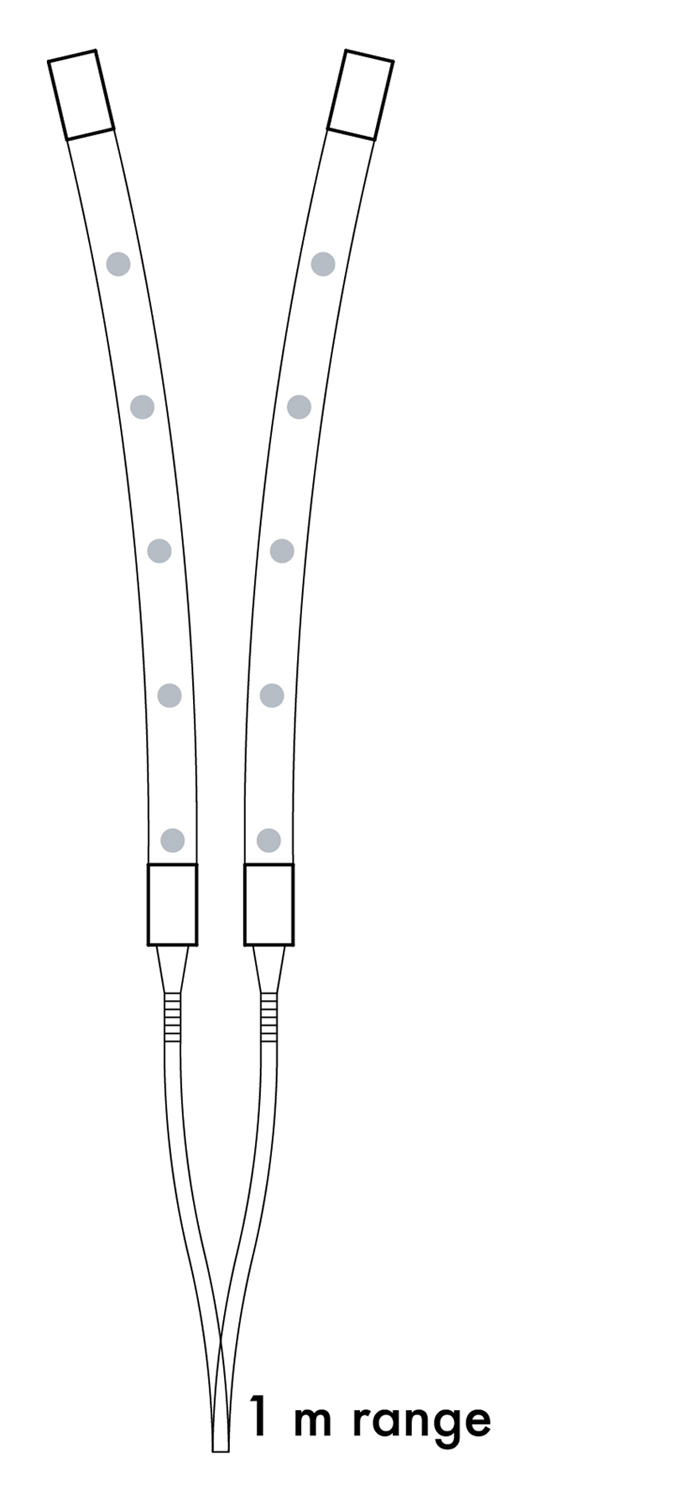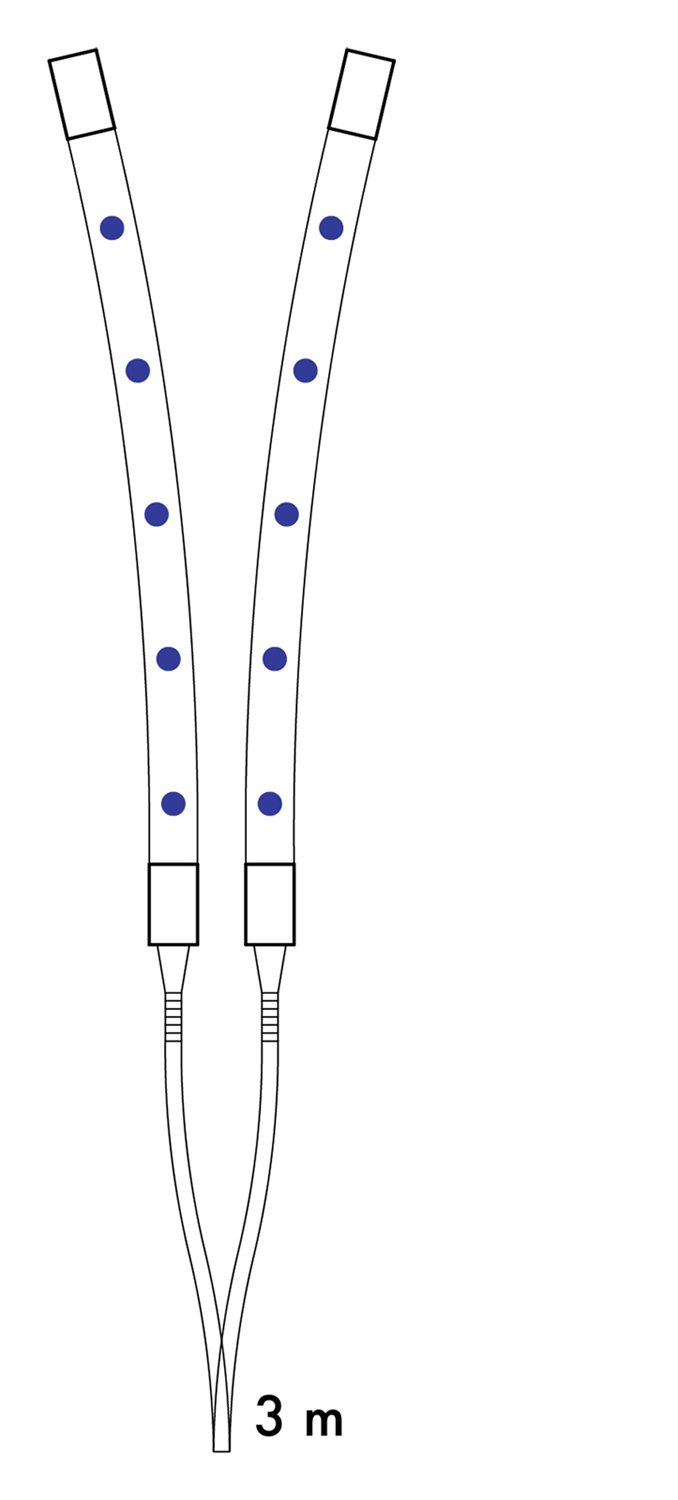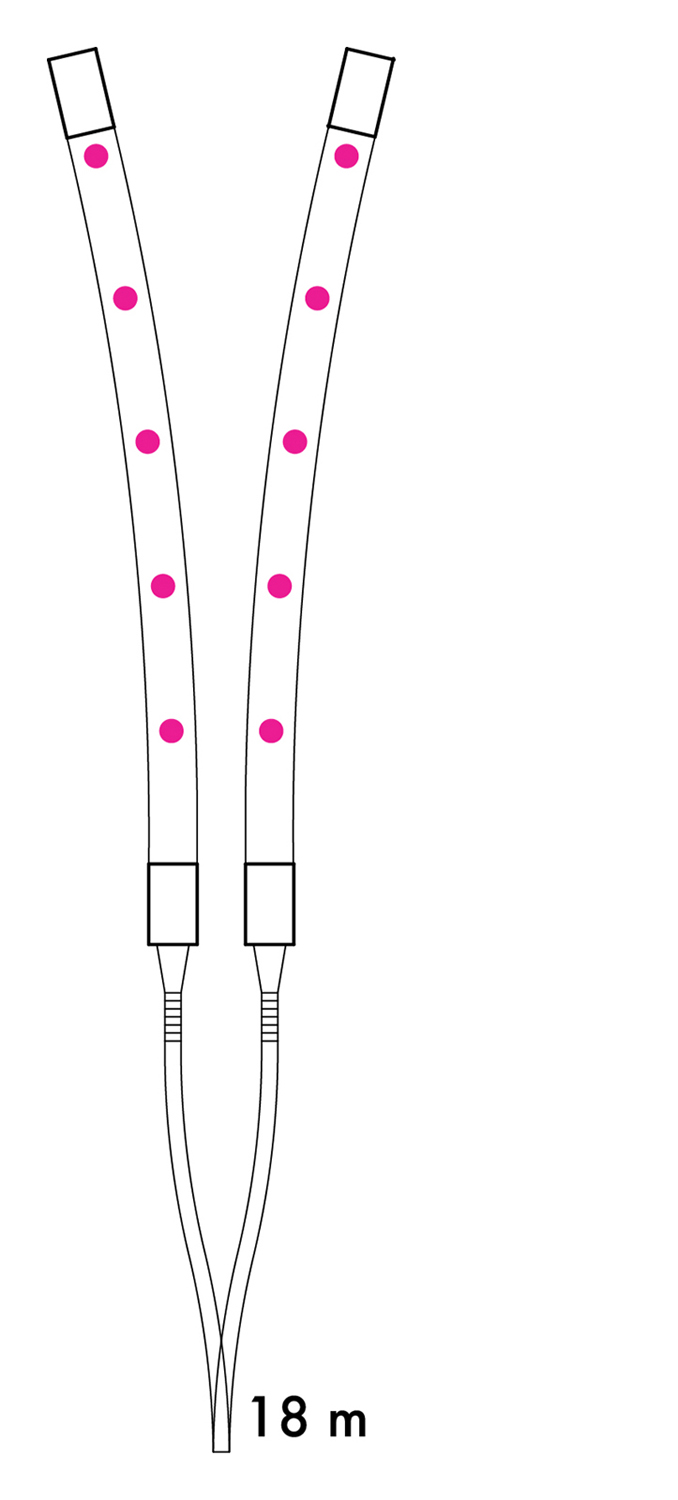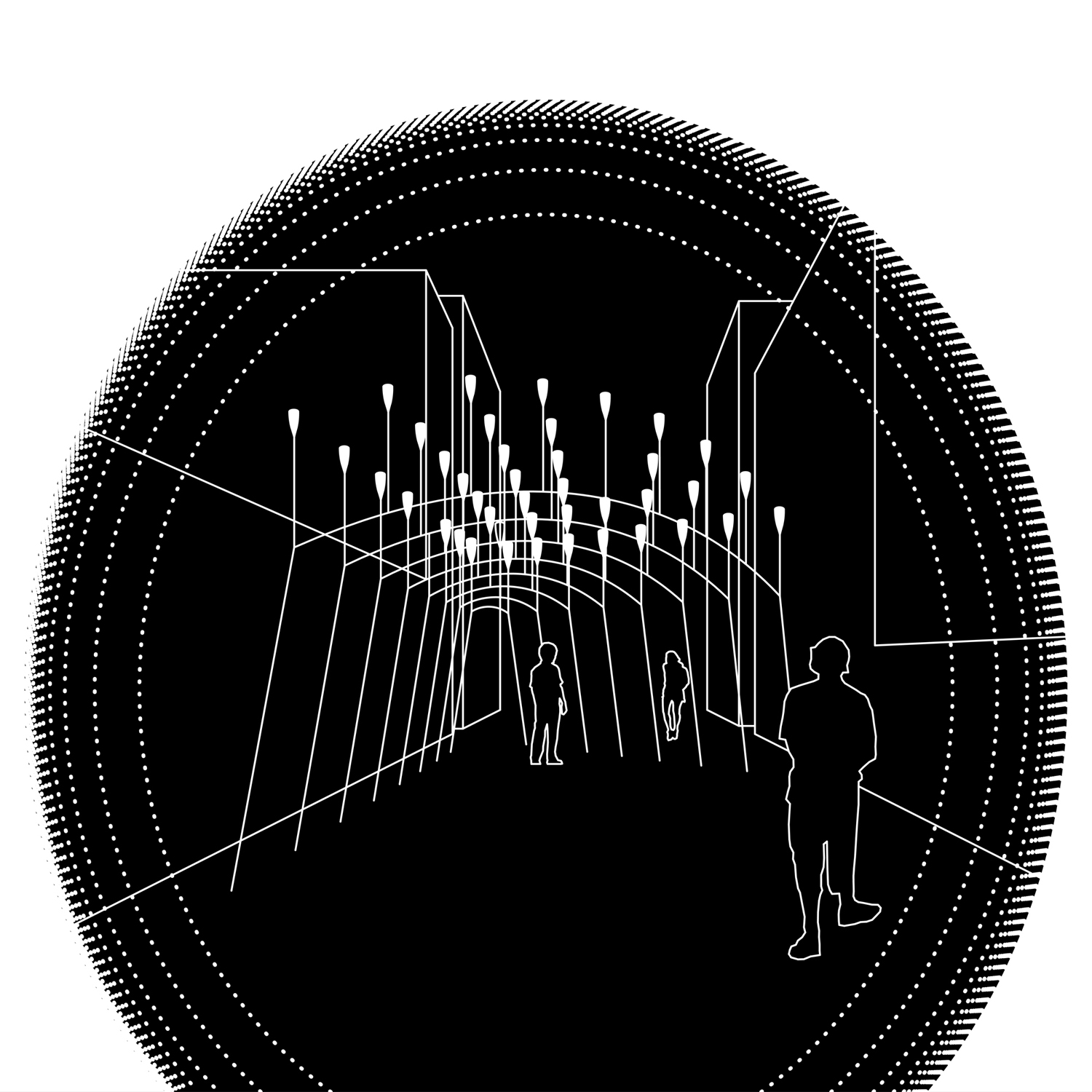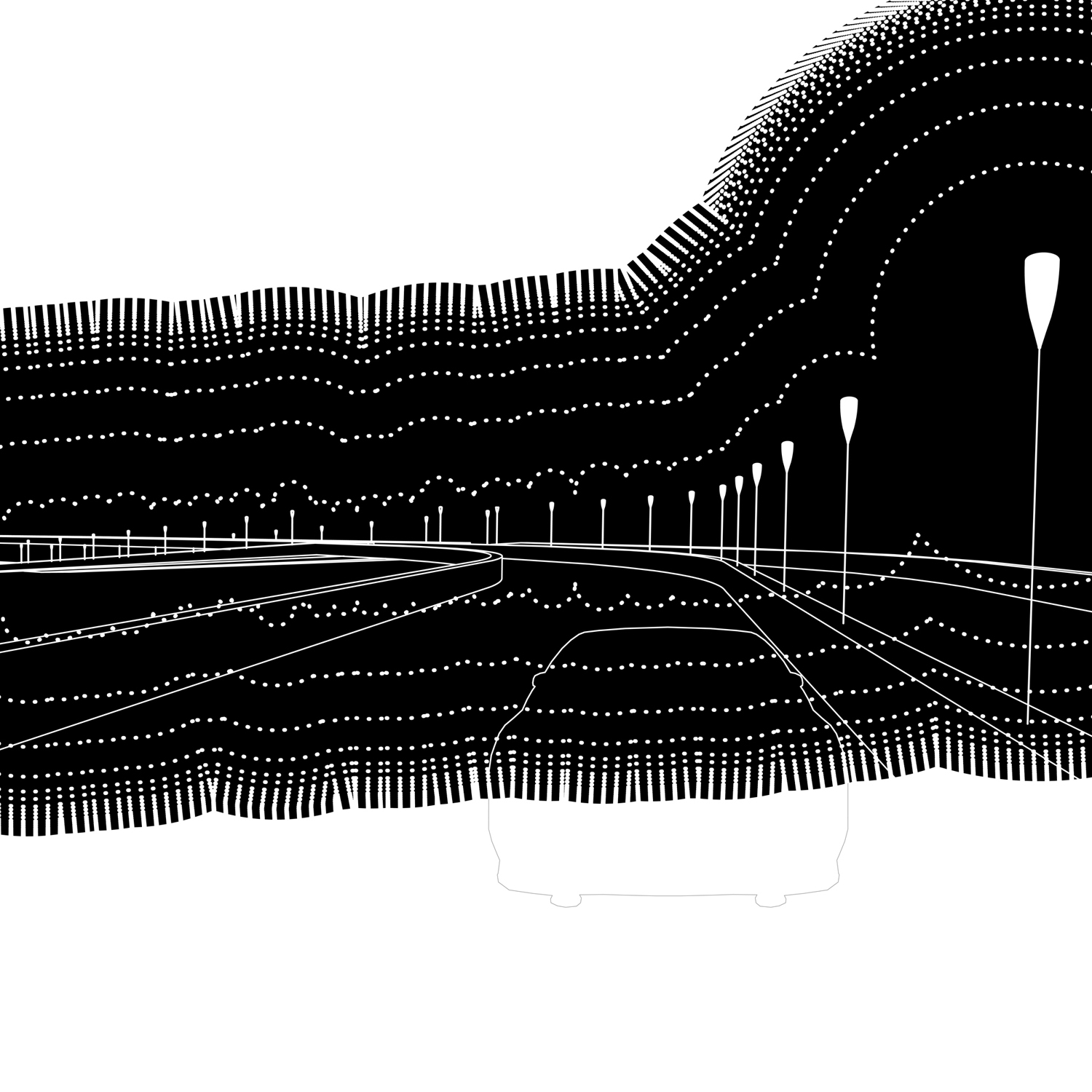Infrastructure of Intimacy
“Few tools have become as widely accepted in everyday life in recent years as cell phones. Keitai (“portable”), the shortened term for a cell phone, has come to mean much more than a portable communication terminal: the keitai has become an indispensable tool for constructing the infrastructure of everyday life; the term has taken on a greatly expanded significance to mean new lifestyle media. This spatial design competition seeks new proposals concerning the relationship between the urban environment and keitai in the near future. What sorts of conditions, forms and environments will the “keitai city” exhibit?”
In response to the competition’s questions, this project proposes a playful and mobile infrastructure constructed through the use of a portable device called ZEP. A ZEP is nothing else than a seemingly innocent balloon with technological capabilities: an inflatable keitai holding a cell phone blocker, a fan, and an air heater that is capable of jamming a cell phone’s signal, eliminating its reception within various ranges.
ZEPs are neither public nor private: they can be enjoyed individually or shared with others by combining many ZEPs into any sort of construction. Through constant public negotiations, ZEPs define a formless, mobile, and playful infrastructure. Acting as a toy, a ZEP’s innocence defies technological, political, and economical urban prejudices enabling citizens to constantly redefine the city’s spatial and temporal qualities.
Intimacy is generally associated with the private realm. However, portable devices—and their absence, as it is demonstrated by this project—allow for the emergence of a new type of intimacy, one that could take place in the open.
Project Data
Competition proposal
2005
Keitai City 1st Docomo International Architectural Design Competition organized by NTT DoCoMo and Shinkenchiku-sha, Tokyo, Japan
Designers
Sergio Lopez-Pineiro
Tammy Teng (Publication images)
Awards
Honorable Mention in Keitai City 1st Docomo International Architectural Design Competition


